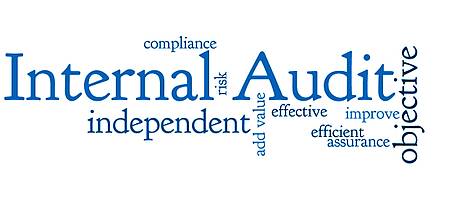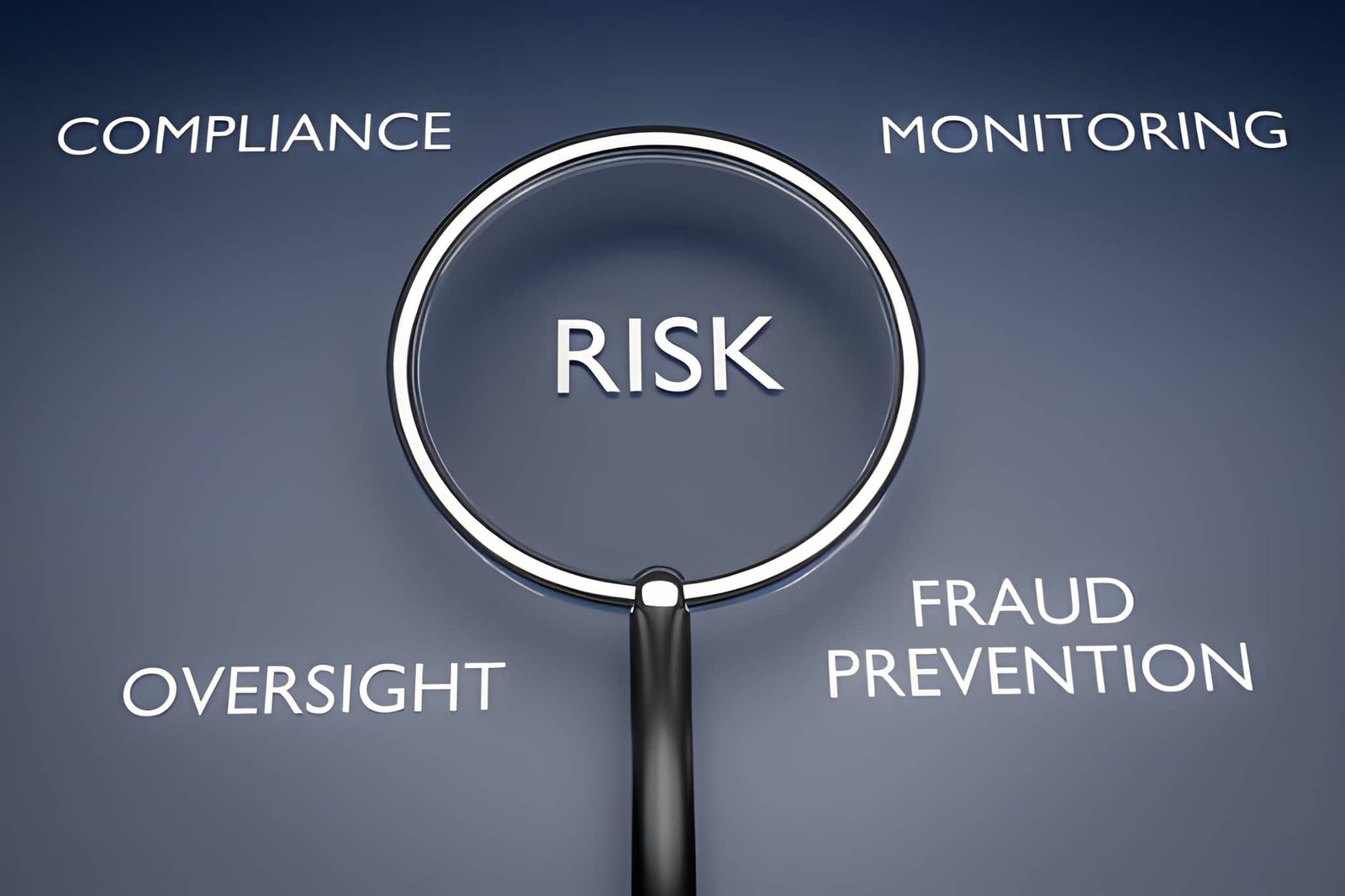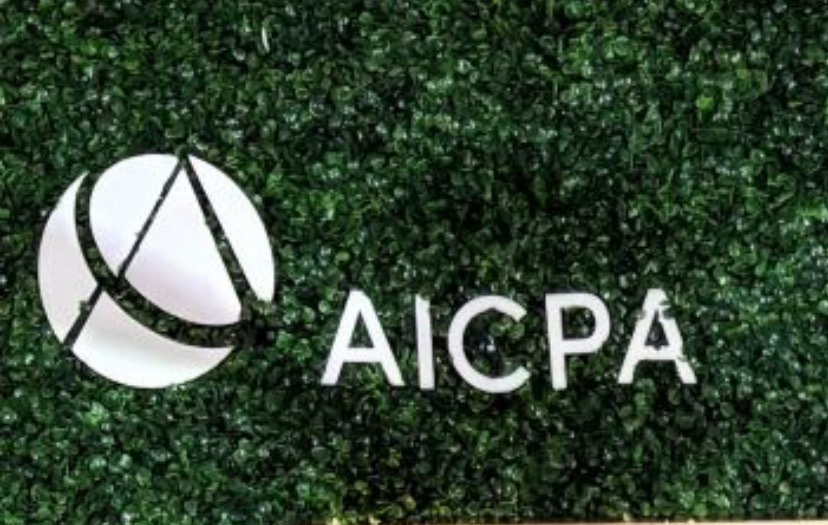Whether you’re considering a career change or looking to advance along your current path, the growing field of internal audit provides ample opportunities for talented professionals.
Robert Half’s latest Salary Guide for the accounting and finance profession offers a look into the future for specialists in this area — and identifies internal auditor as one of the hottest positions for 2016. Longer term, the outlook for this profession appears bright as well: The U.S. Bureau of Labor Statistics projects that employment growth for internal auditing professionals will grow faster than the average for all occupations from 2014 to 2024.
One reason demand for internal auditors, including those who work on a consulting basis, is strong is that many companies are growing. The Salary Guide reports that many businesses are launching new revenue-generating initiatives. And while these pursuits create opportunity, they also can invite risk that internal auditors must help the business to assess and monitor.
However, there is an even greater driver of internal audit hiring: today’s increasingly complex and continually evolving regulatory compliance environment. Businesses need professionals with expertise in risk and compliance to help them meet diverse mandates.
Internal auditor salary trends
With the increased competition for top performers, many businesses are stepping up the compensation they offer to boost their recruitment and retention of internal auditors.
According to Robert Half’s Salary Guide, the average starting salary for a senior internal auditor in 2016 is expected to increase up to 5 percent, while internal audit managers can expect similar gains.
Chief audit executives (CAEs) also should see above-average salary increases this year. While the average gain across accounting and finance is 4.7 percent, increases in starting compensation for CAEs are predicted to range a bit higher — from 4.8 to 4.9 percent.
In-demand credentials
The Certified Internal Auditor (CIA) designation, offered by The Institute of Internal Auditors (The IIA), is particularly beneficial for professionals looking to advance their careers in the industry and can give candidates an edge in the job search.
The Certified Public Accountant (CPA) can also help to enhance an internal auditor’s career marketability. If you’ve already earned the CIA or CPA, or both, consider augmenting them with an additional designation, such as the Certified Information Systems Auditor (CISA) or an MBA.
Another benefit of earning in-demand certifications: the ability to earn higher compensation. In fact, according to The 2015 Internal Audit Compensation Study Executive Report from The IIA, which was authored by Robert Half senior executive director Paul McDonald, salaries for internal audit roles are notably higher for professionals with advanced certifications. The report also noted that “the gap is widening.”
This echoes research from the Robert Half Salary Guide, which found, in general, that professionals with a certification or advanced degree can earn starting salaries up to 15 percent above the market average.
Wanted: both technical and soft skills
To succeed in a management position in internal audit, professionals need proficiency and experience with common job functions, including:
- Examining financial statements for accuracy
- Ensuring conformance with laws and regulations
- Making recommendations on best practices for financial operations
- Suggesting ways to increase efficiency and reduce costs
- Reporting and addressing risk management issues
Data analytics skills are also becoming a required skill set for internal auditors in many organizations. As McDonald notes in a recent blog post about the rise of “hybrid jobs” that meld specialized expertise like auditing with technology skills like data analysis: “I recently participated in a conference for internal audit professionals [and] several of my fellow attendees mentioned the need within their organizations for finance professionals who have strong backgrounds in technology. Data analytics kept coming up again and again.”
Technical skills are only part of the equation, however. A solid range of in-demand soft skills are often equally important for success in the internal audit field today. In a white paper, McDonald and The IIA’s president and chief executive officer Richard Chambers outlined seven nontechnical attributes 21st century internal auditors should possess:
- Integrity
- Relationship building
- Partnering
- Communication
- Teamwork
- Diversity
- Continuous learning
In addition, according to the 2016 North American Pulse of Internal Audit report from The IIA’s Audit Executive Center, interpersonal skills like diplomacy and active listening have never been more important for internal auditors to possess as the function moves into more of a trusted advisor role in many organizations.
The report also notes that while some internal auditors may find it “new and uncomfortable” to focus on developing and applying these skills, these abilities “are necessary to meet the growing expectations of internal audit as it engages in emerging risks.”
It would seem, though, based on the findings of the latest Global Internal Audit Common Body of Knowledge (CBOK) study, administered through The IIA Research Foundation (IIARF), that many internal auditors are confident that they are competent in soft skills such as communication, persuasion and collaboration, and critical thinking.
For those internal auditing professionals who want or need to improve interpersonal skills, the CBOK report suggests that training designed to “improve tools and techniques for working with others” can be a path to improvement. As for critical thinking, on-the-job experience coupled with dedicated feedback and coaching from internal auditors is the way for professionals to earn what the report cites as “the most sought-after skill by internal audit hiring managers.”
The good news is that development of personal skills has become an area of focus for many internal auditors, according to Protiviti’s latest Internal Audit Capabilities and Needs Survey. Respondents to the survey ranked presenting (public speaking), developing outside contacts/networking, and strategic thinking among the top five internal audit personal skills priorities. The number-one priority is developing audit committee relationships.
As Protiviti underscores in its report about the survey findings, “These skills, which have ranked consistently as priorities over the past decade, are key to building more collaborative relationships with the organization and marketing internal audit internally in the most effective manner.”
——-
For more insight into internal auditor salary levels in your area, go to the Robert Half Management Resources
Thanks for reading CPA Practice Advisor!
Subscribe Already registered? Log In
Need more information? Read the FAQs
Tags: Financial Reporting




